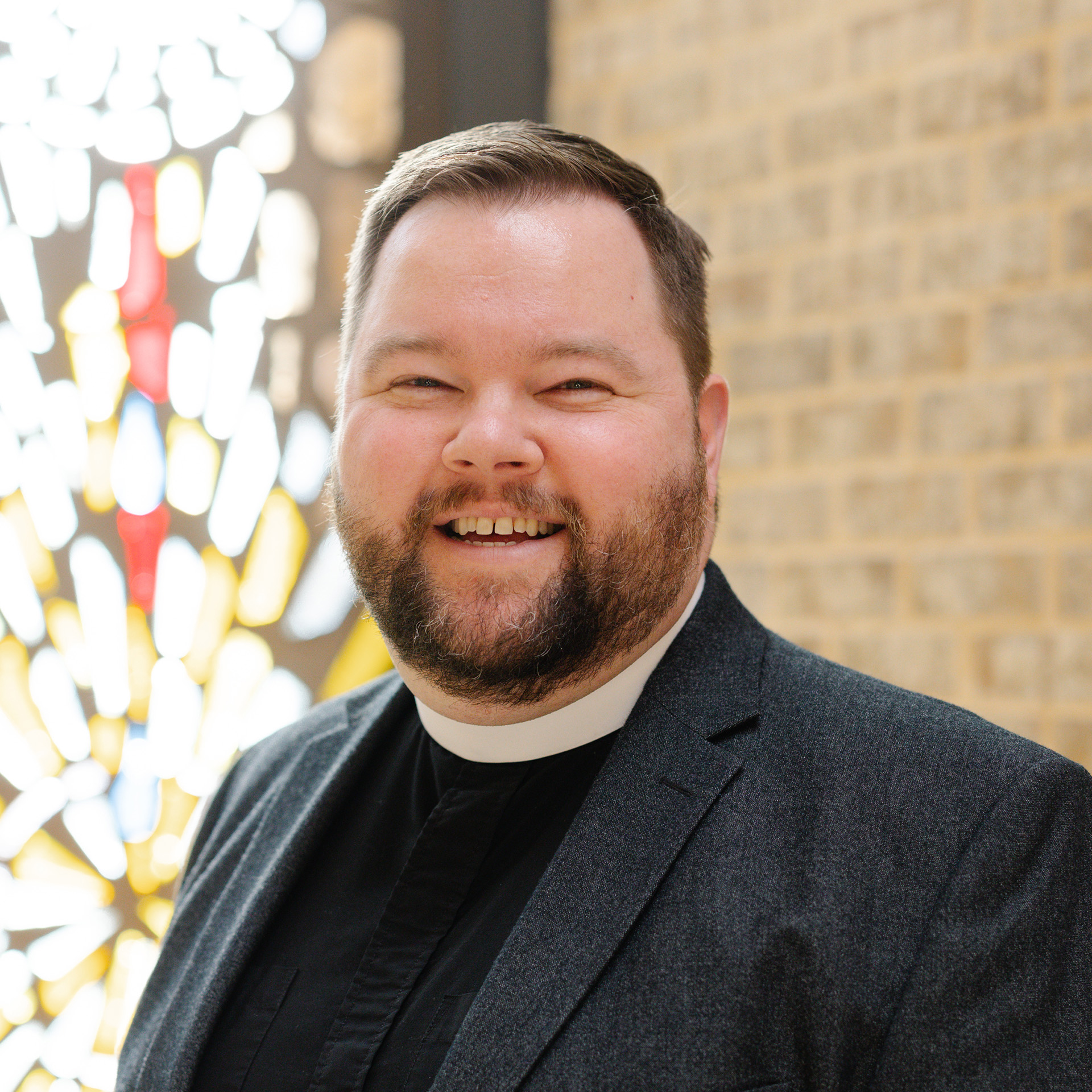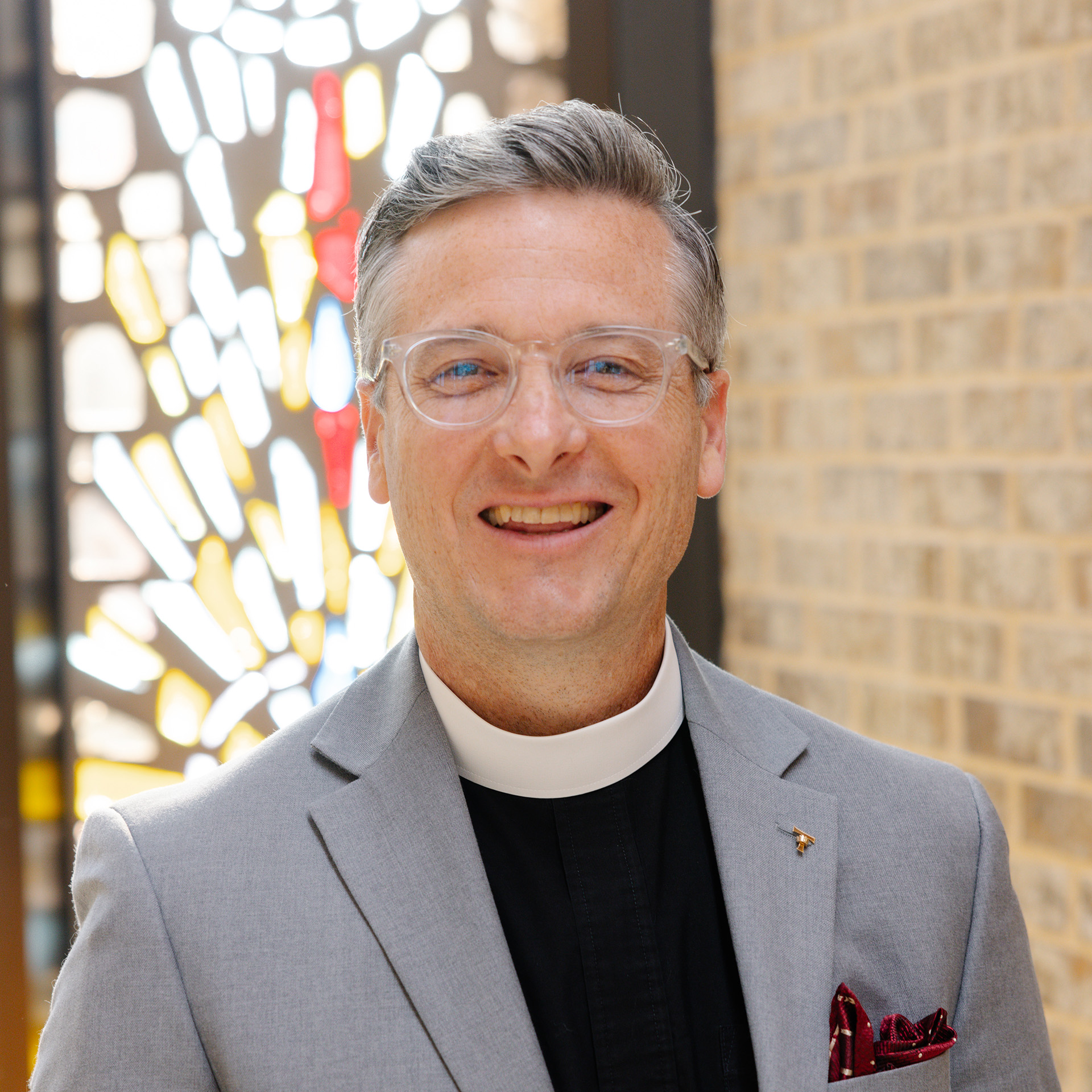
By Father Ted
All summer long, while we have been preaching on the prophets on Sunday mornings, Fr. Casey, Mthr. Rebecca and I have used these Friday E-News articles to say a little bit about the upcoming Gospel lesson. That means that most weeks we have preached on the difficult lessons of the Old Testament, while we have written articles about the relatively kinder messages of Jesus. This week is the exception; this Sunday, Jesus has the harsher words.
"Do you think I have come to bring peace to the earth?" Jesus asks. "No, I tell you, but rather division!" This is arguably the most confounding of all Jesus' statements; he is the Prince of Peace, after all. He also describes how his message will tear families apart, "three against two and two against three." This doesn't seem to describe Jesus, who we prefer to think of as the one in whom we are all united.
Suffice it to say, this isn't the most popular passage for preachers. However, I think that because of our long journey with the prophets this summer, perhaps we are better prepared to understand what Jesus is trying to say in this chapter of Luke. I think that the message of the prophets that we have heard for the last few months could be the interpretive key to this difficult text.
Jesus first words are "I came to bring fire to the earth, and how I wish it were already kindled." It's easy to read this as if this were a destructive fire, like the one in Malachi 4:1—See, the day is coming, burning like an oven, when all the arrogant and all the evildoers will be stubble; the day that comes shall burn them up, says the Lord of hosts, so that it will leave them neither root nor branch. But what if it was a different fire, like that in Malachi 3:3—For [the messenger of the Lord] is like a refiner's fire and like fullers' soap; he will sit as a refiner and purifier of silver, and he will purify the descendants of Levi and refine them like gold and silver, until they present offerings to the Lord in righteousness.
What if the fire that Jesus was sent to bring was a refining fire and not a destructive one? That sounds more like the Jesus we expect. That sounds like the Jesus who transforms lives stained with sin into shining examples of God's love. If we read Jesus' fire as a refiner's fire, then his first statement sounds less like a curse and more like a lament. Jesus is lamenting the fact that the world has disregarded the words of the prophets, because had we heeded them, the refining transformation would already be taking place. Lament sits squarely in the prophets' wheelhouse, as we will hear on Sunday in Isaiah's love-song about a vineyard.
Reading the passage this way means that Jesus is being descriptive, rather than prescriptive. Jesus isn't predicting what will happen so much as he is describing the world as it is. And because we did not heed the prophets; because we are trained to be skeptical and distrustful of others, Jesus words of peace and goodwill were doomed to sew division. His final words about how we are unable to interpret the present time seem to support the idea that Jesus isn't trying to predict the future.
If the fire had been kindled when Malachi, Isaiah, Jeremiah, Hosea, and Amos announced God's will to the world, then we would have been ready to welcome the Prince of Peace.
But sadly, we didn't start the fire.
Previous Articles
August 15, 2025
August 8, 2025
August 8, 2025
August 1, 2025
July 25, 2025




